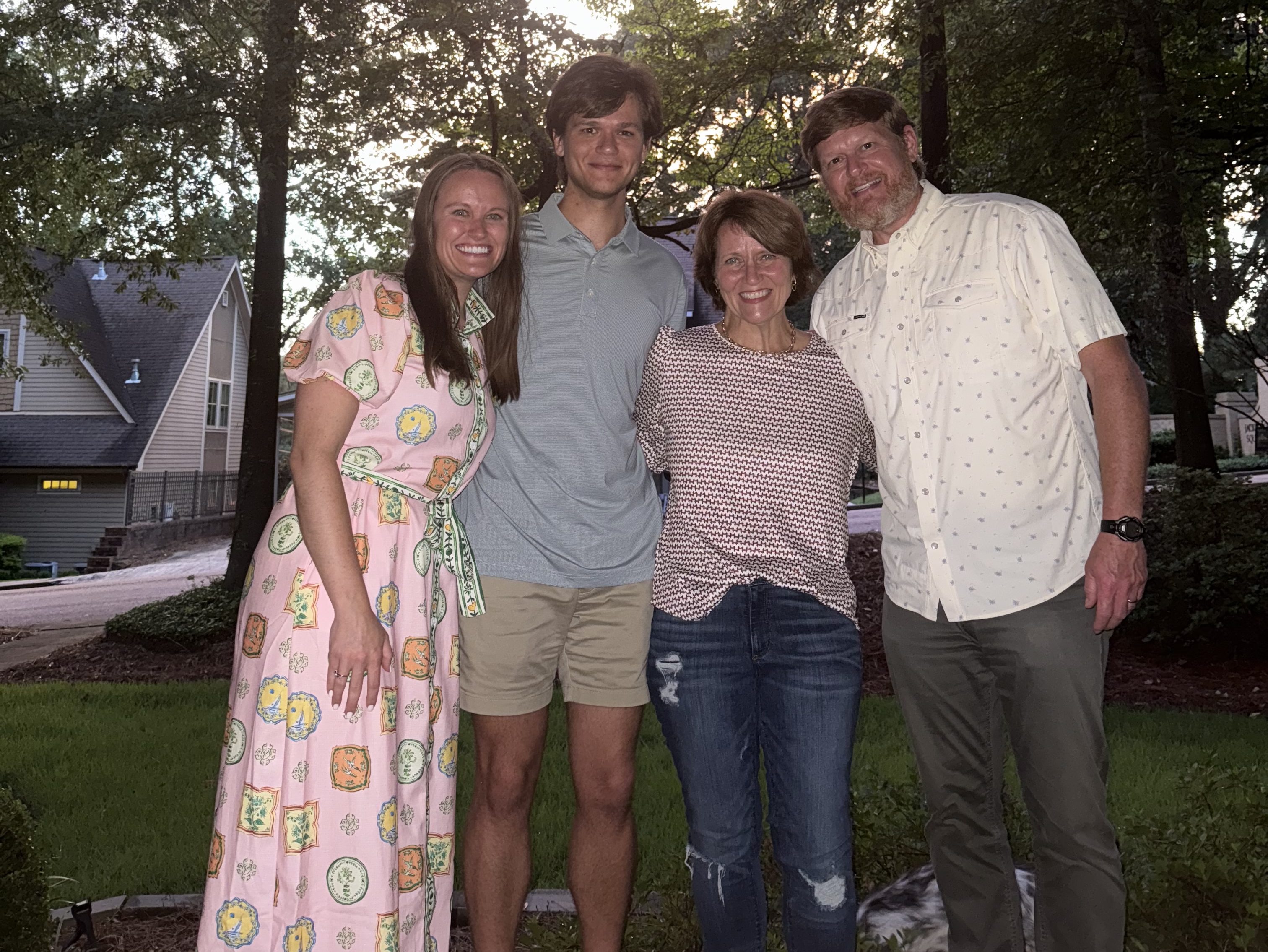BRAD DYE: Being worthy of the harvest
Published 6:15 pm Tuesday, October 26, 2021

- Photo by Brad DyeSeeing these persimmons brought to mind the concept of the Honorable Harvest from my recent reading of Robin Wall Kimmerer’s book “Braiding Sweetgrass.” The persimmon tree is one of the trees that I have in mind to plant in several spots throughout the farm as deer and other wildlife love them. Perhaps this will be another way that I can help sustain those that sustain me.
From time to time, you encounter someone or some idea or concept that challenges your way of thinking. Good sermons do that for me, as I think they should. How well have I loved my God? My neighbor? These (among the many) are good questions I should be asking myself daily, not just on Sundays.
As an avid reader, I often discover these challenges between the covers of a book. A good writer forces us to go beyond ourselves or deeper into ourselves to examine our ingrained ways of thinking.
I’ve mentioned before that Rick Bass was one of the first writers to do that for me, challenging my ideas of what it means to be a hunter and showing me how those ideas could coexist with being an environmentalist and a conservationist. I now believe those roles to be intertwined; being one necessitates being the other.
With our move to the farm last year, I found myself challenged by the writings of Wendell Berry to “think local,” concerning myself more with what I could do for my neighbor and what I could do to live and sustain myself and my family within my local community and impact my local economy.
Without a doubt, the work of both Bass and Berry has both challenged me and changed my way of thinking about much that I do in the outdoors. Their work has also reinforced my belief that I want to take an active role in producing and procuring the food that I consume.
I would define producing most simply as gardening and gathering, and I use procuring for the hunting side of this equation because it is typically defined as, “obtaining something by particular care and effort.” G and those who have hunted with me would agree with that assessment, as hunting, for me, certainly involves care and effort.
It also involves a spirit of thanksgiving. I have always made it a point to give thanks for the life that I have taken. This most basic aspect of hunting is something that should not be entered into lightly and something that, I believe, carries with it a great deal of responsibility.
In the words of author Robin Wall Kimmerer, “If we are fully awake, a moral question arises as we extinguish the other lives around us on behalf of our own… how do we consume in a way that does justice to the lives that we take?”
Those words come from Kimmerer’s book “Braiding Sweetgrass” and its discussion of the concept of the “Honorable Harvest,” which is the, “indigenous canon of principles and practices that govern the exchange of life for life.” This thought process and way of living had me, once again, reflecting on my life as a hunter.
As she explains, “Traditional peoples who feed their families from the land have harvest guidelines too: detailed protocols designed to maintain the health and vigor of wildlife species… both for its own sake and to safeguard the sustainable supply for future generations.”
At the heart of these principles is a spirit of gratitude, and over and above that, a spirit of reciprocity. According to Kimmerer, “Reciprocity helps resolve the moral tension of taking a life by giving in return something of value that sustains the ones who sustain us.”
I have written often about the work we have done on the farm to improve our wildlife habitat. It is work that I thoroughly enjoy, and in taking the lives of the deer, turkey and other wildlife that call this place their home, it is work that I also feel is my responsibility. They have provided for me, and in turn, I should reciprocate that action by providing for them.
Kimmerer notes that “the guidelines for the Honorable Harvest are not written down, or even consistently spoken of as a whole — they are reinforced in small acts of daily life.” However, she does offer up what the list might look like if it were to be written down.
Here are a few of those precepts that resonated with me: “Know the ways of the ones who take care of you, so that you may take care of them; Take only what you need; Harvest in a way that minimizes harm; Use it respectfully. Never waste what you have taken; Share; Give thanks for what you have been given; Sustain the ones who sustain you.”
If anything, my reading of “Braiding Sweetgrass” has served as a reinforcement of my thoughts about the responsibilities that go hand-in-hand with being a hunter. It also reminded me that those of us who hunt will always have “the need to resolve the inescapable tension between honoring life around us and taking it in order to live.”
How we do that says a lot about who we are as hunters. In the words of Robin Wall Kimmerer, “A harvest is made honorable when it sustains the giver as well as the taker.”
Take time while in the field this season to ponder your role in the Honorable Harvest and, until next time, I look forward to seeing you out there in our great outdoors.
Email outdoors columnist Brad Dye at braddye@comcast.net.





